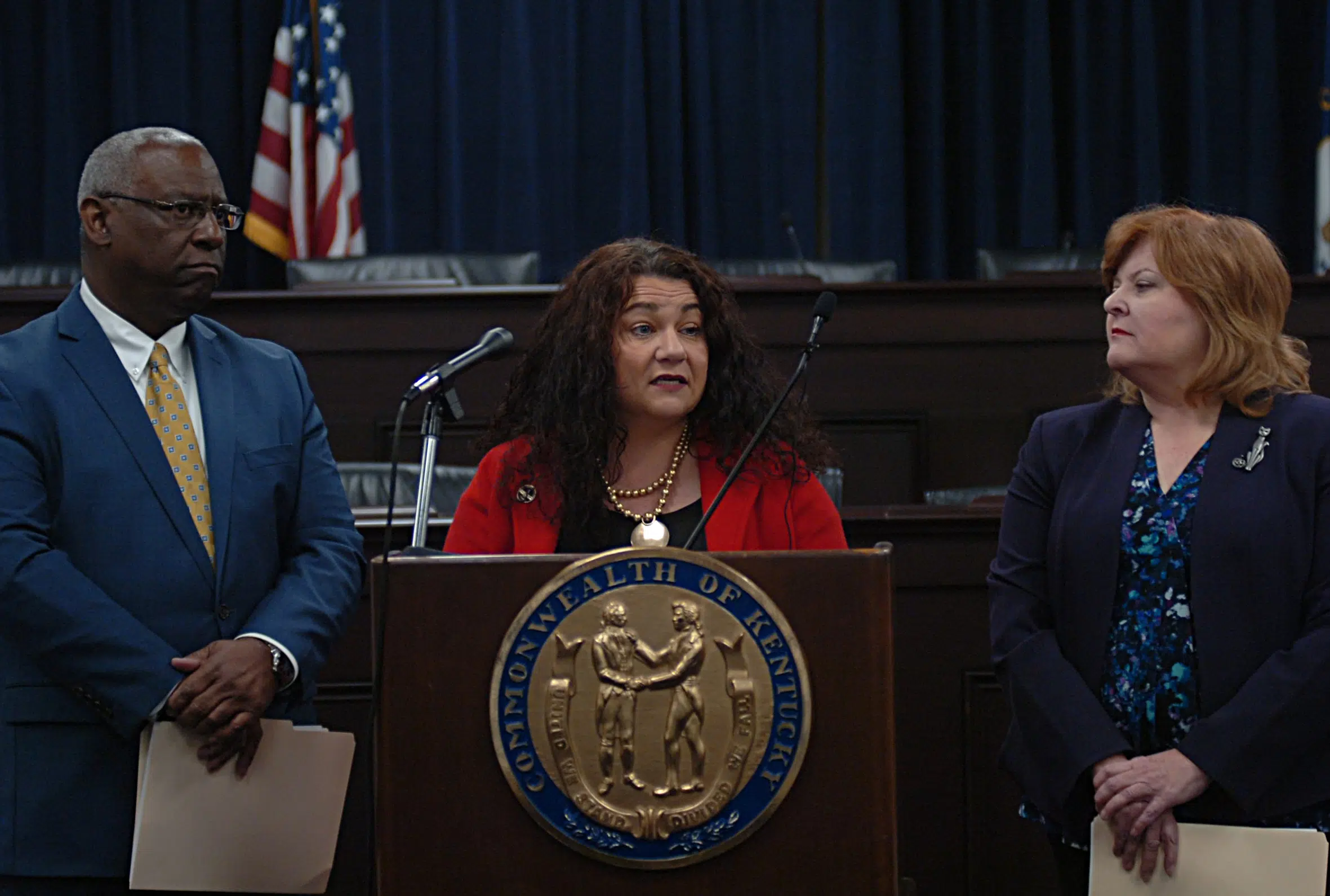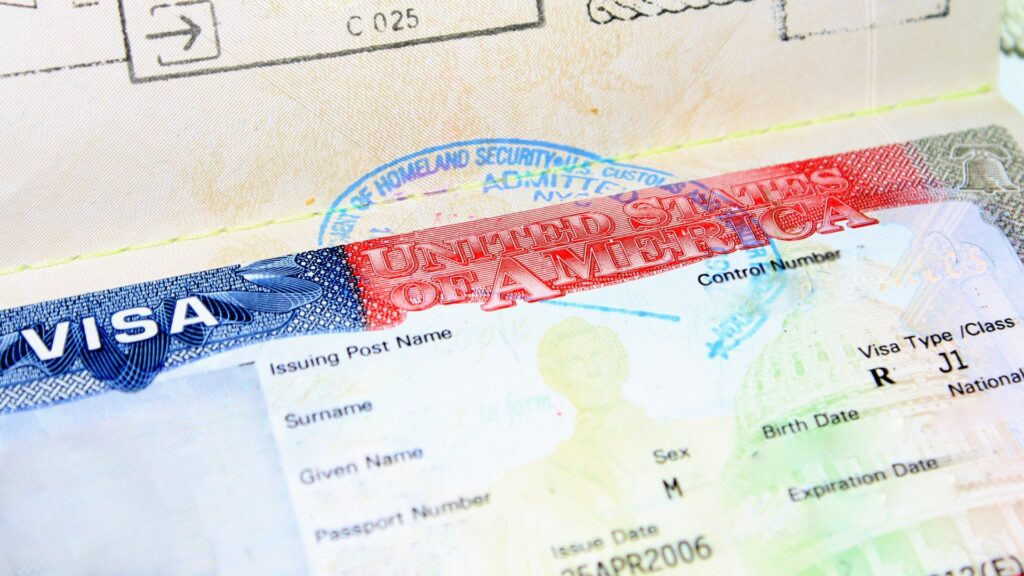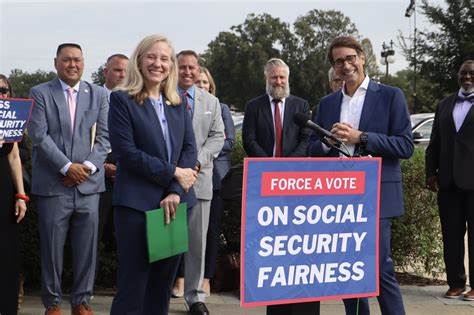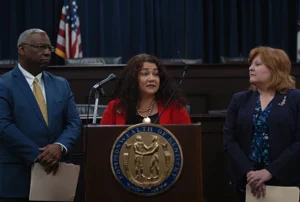In a significant development for international researchers and scientists, particularly those from India and China, the U.S. Department of State has announced a crucial update to the J-1 Exchange Visitors Skills List. This policy shift, announced in December 2024, marks a turning point in retaining global talent within the American scientific community.
Breaking Down the J-1 Visa Changes
The recent modification to the Exchange Visitors Skills List represents a fundamental shift in how the United States approaches international scientific talent retention. Most notably, the update removes both China and India from the Skills List, effectively eliminating the two-year foreign residence requirement for many researchers from these nations.
Key Benefits of the Policy Update
This strategic change offers several advantages:
- Eliminates mandatory two-year home country residence for many researchers
- Applies retroactively to existing J-1 visa holders
- Creates smoother pathways to other visa categories like H and L visas
- Facilitates easier transitions to permanent residency
Impact on the Scientific Community
The policy change arrives at a critical time for American scientific research and innovation. By removing barriers for talented researchers, particularly from scientific powerhouses like China and India, the United States strengthens its position as a global leader in research and development.
What Changes and What Doesn’t
It’s important to note that certain J-1 visa holders remain subject to the two-year home residence requirement, including:
- Foreign physicians who received graduate medical education in J-1 status
- Individuals whose J-1 programs were financed by U.S. government funding
- Programs supported by home government funding
Part of a Broader Immigration Reform
This update aligns with other recent immigration policy changes under the Biden administration, including:
- Increased approval rates for O-1A visas
- Updated policy guidance for employment-based immigrants
- Easier qualification pathways for individuals with extraordinary abilities
Future Implications for American Innovation
The State Department’s decision reflects a growing recognition of the vital role international scientists play in American innovation. By making it easier for talented researchers to continue their work in the United States, this policy change could help address:
- Critical research workforce shortages
- Competition for global talent
- Continuity in long-term research projects
- Academic and industrial research advancement
What This Means for Employers
According to immigration experts, employers are already showing increased interest in the J-1 visa category following these changes. The update provides:
- Greater flexibility in talent retention
- Reduced uncertainty in long-term planning
- More options for transitioning valuable researchers to permanent positions
- Enhanced ability to compete globally for scientific talent
Looking Forward
This policy shift represents a significant step toward making the United States more competitive in attracting and retaining global scientific talent. As the international scientific community responds to these changes, we may see:
- Increased interest in U.S.-based research positions
- Greater continuity in research programs
- Enhanced collaboration opportunities
- Strengthened American leadership in global innovation
The removal of this significant immigration barrier for scientists and researchers, particularly from India and China, could herald a new era in American scientific advancement and international collaboration.











